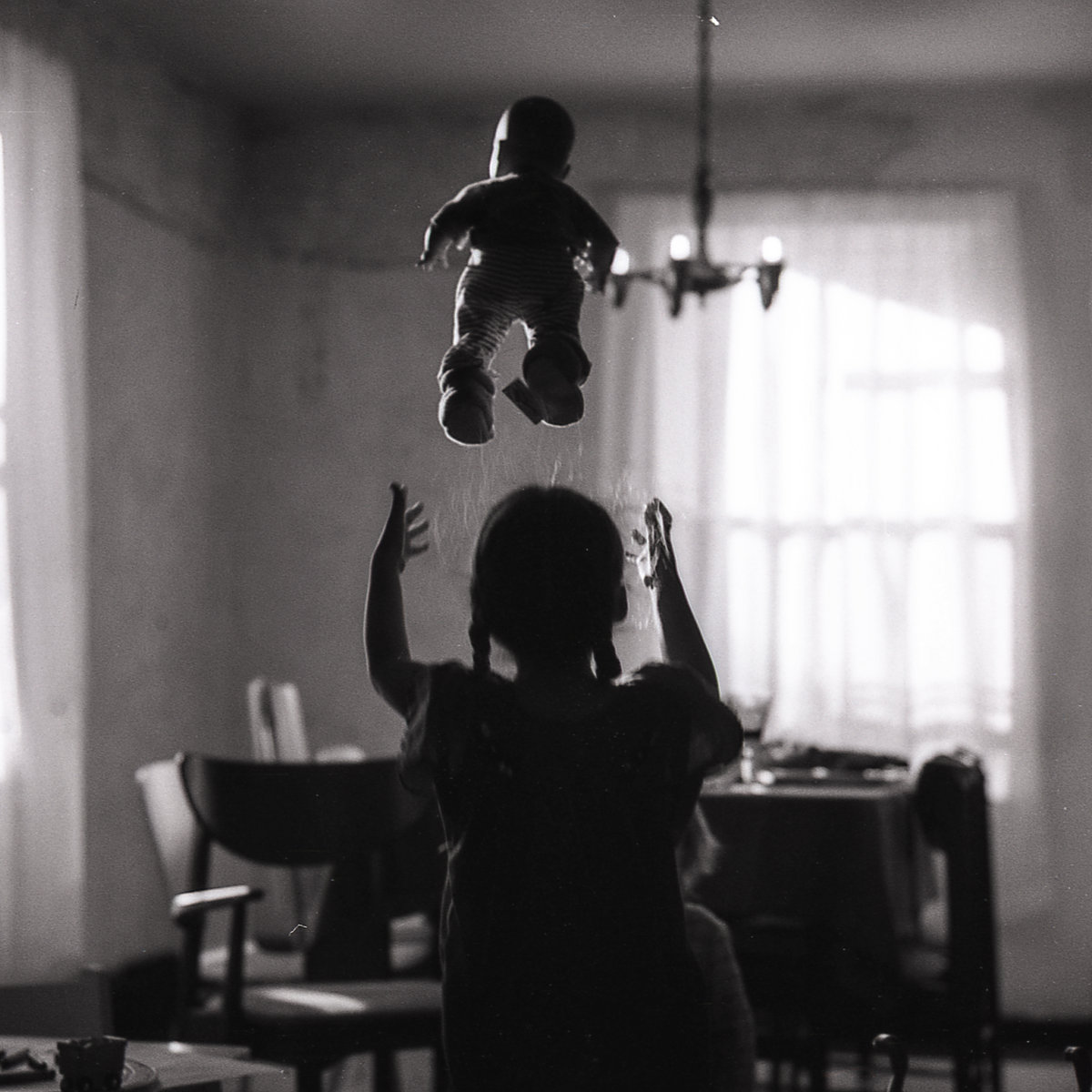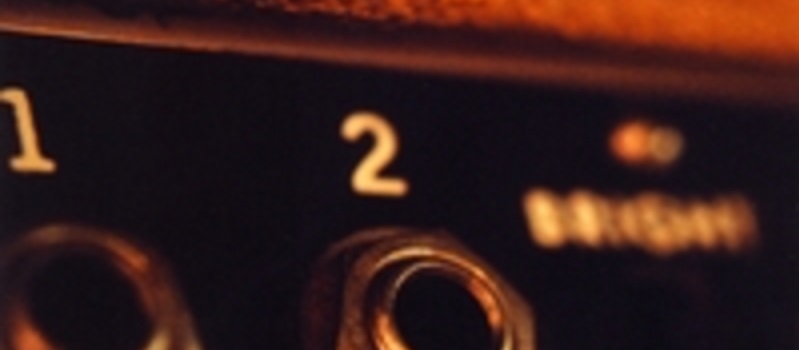Matt Mehlan, leader of the self-described Skeletons b(r)and, has carved an underground career out of loose-limbed but densely constructed polyrhythmic rock-art that in its best moments of abandon feel like the musicians composing it are coming completely unmoored. For Skeletons’ first record in four years, a brooding, faux-winter departure in tone and construction called If the Cat Come Back, Mehlan composed on a customized 17-tone equal temperament electro-acoustic instrument called the Shtar. The volatility of the instrument, never mind Mehlan’s on-the-fly attempts to make it his own, sets stages for a dangerous and exciting listen, even if the occasional star of the record is Mehlan’s voice, a dreamy, almost drug-lulled timbre. It’s an odd record from an odd musician, a microtonal lament about dark times, and, if you find yourself on its latitude, quite possibly one of the most bizarrely enveloping records you’ll hear this year.
The music of the tar, the Persian long-necked lute instrument on which the Shtar is based, is robust and audibly “ethnic” in the Middle Eastern sense, with players frequently employing chords, hammers-on, string bends and arpeggios to wring its maximum intent. On If the Cat Come Back, Mehlan’s Shtar is entirely other – sparse and dissonant to the point of atonality – plucking out seemingly random notes like he were nitpicking the neck of an acoustic guitar. He accompanies the custom-built instrument here, again often sporadically, with electric bass, percussion, electronic glitch adornment and little else. Some songs are punctuated with sound clips whose speaker’s voices are slurred and slowed down to the point where they sound like they’re reaching through a nasty, gauzy-eyed hangover, or the veil of a hefty dose of Thorazine. Though the instrumentation is often constructed with tremendous skill and restraint, Mehlan, echoing Songs: Ohia and Will Oldham’s I See A Darkness, perhaps, coalesces truly brilliant luminosity out of silence. In some of the record’s most effecting parts, little floats through the ether than a couple notes on the Shtar and Mehlan’s oft-dream-inflected narration. This may leave some feeling like there is an odd sense of in-betweenness to the proceedings – as well as a sense that the listener is witnessing something rare and special. So be it.
After opening with the sparse, dissonant title track (“Lonely! Lonely!” he wails at one point), Mehlan unfurls “The Edge,” the most conventionally Skeletons-branded piece on the LP and a track that would’ve been at home on the excellent People LP. A traditional drum kit offers a faithful if slumbery pace and the bass notes on the first and fourth measures – not to mention the bridge’s choral backing vocals – hint, oddly, at more “innocent” modes of pop. But the Shtar is an altogether alien presence, lending Mehlan’s lyrics about precipices a shade or two of potency or prophecy, your call; He’s played this role before, most notably on Skeletons’ post-everything Money LP. On “The Natural,” the Shtar is again oddly juxtaposed against cymbal-heavy pitter-patter and great vocal melodies from Mehlan, who offers I-just-give-up-already asides like, “At the end of the day/it’s this, that or the other/At the end of the day/ You know what I’m saying.”
The heartbeat of the record, and some truly ingenious composition, can be found in its two longest songs, where Mehlan is freed up to explore longer-breathed narratives on the Shtar and he pairs refrains with great, multi-tracked bits of vocalization. “They don’t know what they’ve done/ They don’t know what they’ve done,” he whimpers on “Four D Batteries” and the sentiment is less self-referential than post-apocalyptic in tone. (For a record this dire, it fits.) About five minutes into “Invest in Who Is Like God,” Mehlan drops all instrumentation all together to pray, pleading emotive and bizarrely vulnerable, about envisioning the End Times. (From the sounds of it, they’re closer than we think.) This effective and effecting moment is followed by classic Skeletons clap-tap, the bass, electronics and Shtar creating apparent dissonance that ascends over beatific vocals in the very next bridge.
The record doesn’t let up one bit on its bleak vision of things, offering deceptive little tracks whose earworms (most frequently Mehlan’s voice) work their way into your bloodstream. It closes in bravura fashion with the bombastic “Will Power Wins.” Here, the Shtar is aggressively strummed (think power chords) but the sound effects and glitch are coming apart at the seams, accompanied, in a startling, faux-emotional moment, by an ascending measure on the Shtar that feels eerily prescient. It’s one of the record’s best tracks, clearing the climax of the LP, and well-situated to have listeners leaving the record wanting to spin it again from the top.
Just a year after Skeletons’ Am I Home? LP in 2016, Mehlan released via the Shinkoyo collective a solo record, a suite of Bill-Withers-influenced mutant pop called The Mehlans. On second and third and subsequent listen, If the Cat Come Back starts to resemble the brooding yin to The Mehlans’ brightly accented yang. Both records are tremendous pieces of rock-art and should be as resonant and influential in post-rock circles as anything Grubbs and O’Rourke have done. But, more than that, one signals the other, the dawn of the poppy and hook-ish The Mehlans giving way to the dusk of the sad evening to follow, both components of the same day, if distinct poles. Maybe we should’ve seen If the Cat Come Back coming three years ago. We, for one, are just itching to see what Mehlan does tomorrow. — Justin Vellucci, Spectrum Culture, Sept. 15, 2020
-30-




